Introduction
In the ever-evolving landscape of social justice and equal rights, the battle for marriage equality for same-sex couples in India has been a journey fraught with challenges and milestones. On October 17, 20XX, the Supreme Court of India rendered a historic verdict on the legal recognition of same-sex marriages, sparking nationwide discussions and impassioned debates. As is often the case with groundbreaking judgments, not everyone found themselves in agreement. This blog post embarks on a comprehensive exploration of the aftermath of the Supreme Court’s ruling and the pivotal review petition that now questions it.
The Supreme Court’s Verdict: A Recap
On that momentous day, a distinguished five-judge Constitution bench, presided over by Chief Justice DY Chandrachud and accompanied by Justices SK Kaul, SR Bhat, Hima Kohli, and PS Narasimha, convened to pronounce their verdict on the legal recognition of same-sex marriages. Chief Justice DY Chandrachud, the voice of the majority judgment, eloquently declared, “The gender of a person is not the same as their sexuality.” This judgment resonated with a unanimous agreement: there is no fundamental right to marry for same-sex couples in India.
The Challenge: Review Petition
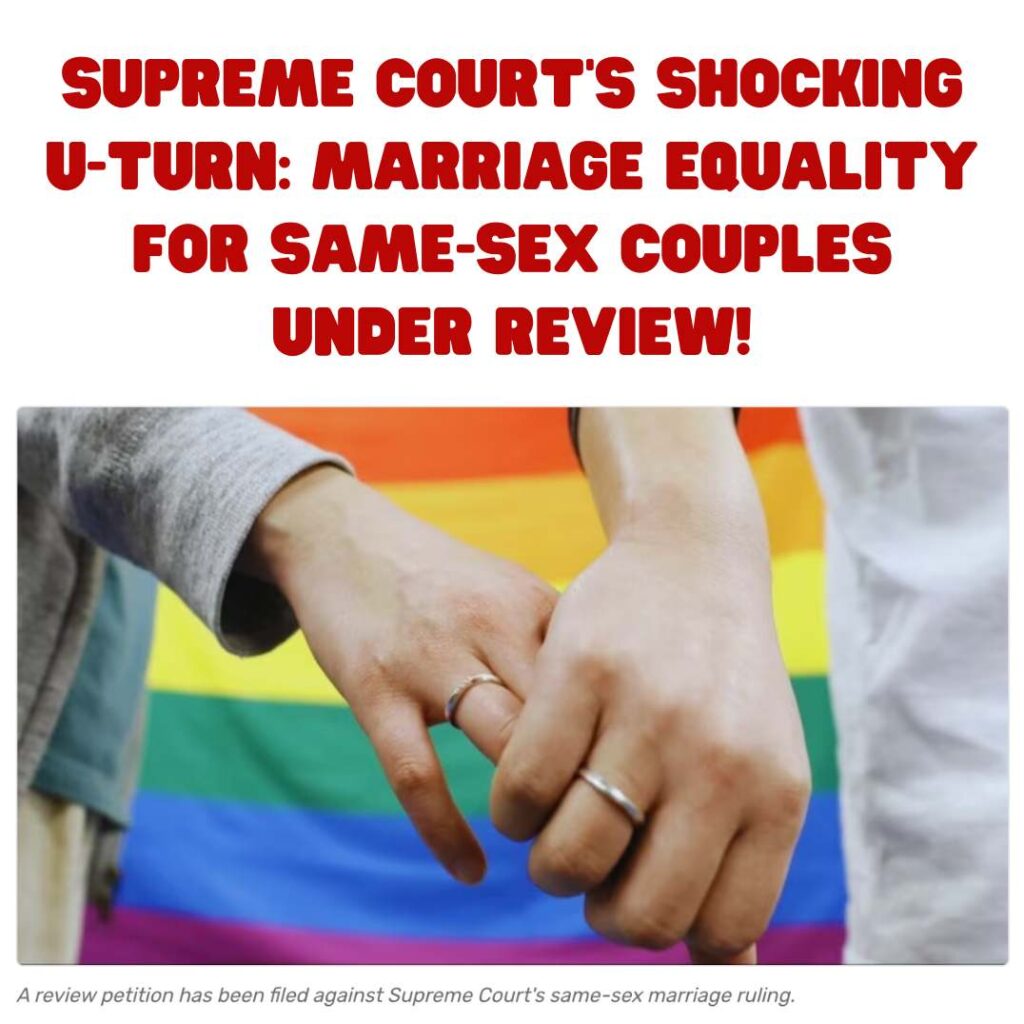
In the wake of this landmark verdict, Udit Sood, one of the petitioners in the same-sex marriage case, filed a review petition. The review petition is nothing short of a brave and impassioned critique, characterizing the Supreme Court’s judgment as “self-contradictory and manifestly unjust.” It centers on the acknowledgment of discrimination faced by the queer community within the verdict, juxtaposed with the persistence of the very causes of such discrimination.
The review petition vociferously contends that legislative choices currently in place deem same-sex couples as unequal, unfairly depriving them of equal rights and recognition. It further delves into the inadvertent portrayal of LGBTQ individuals as “a problem” by the government, reflecting a systemic bias that the review petition seeks to redress.
In powerful terms, the review petition paints a stark picture, one where the Supreme Court’s order is flawed, replete with “errors apparent.” It argues that the judgment denies queer Indians the fundamental right to marry, to choose their partners freely, and to create families, privileges celebrated by heterosexual couples.
Furthermore, the petition asserts that the majority judgment misses the core essence of marriage as an enforceable social contract—a right open to anyone capable of providing consent. The judgment’s declaration that there is “no fundamental right to marry” is deemed a “chilling declaration” that impinges upon the cherished freedom of choice.

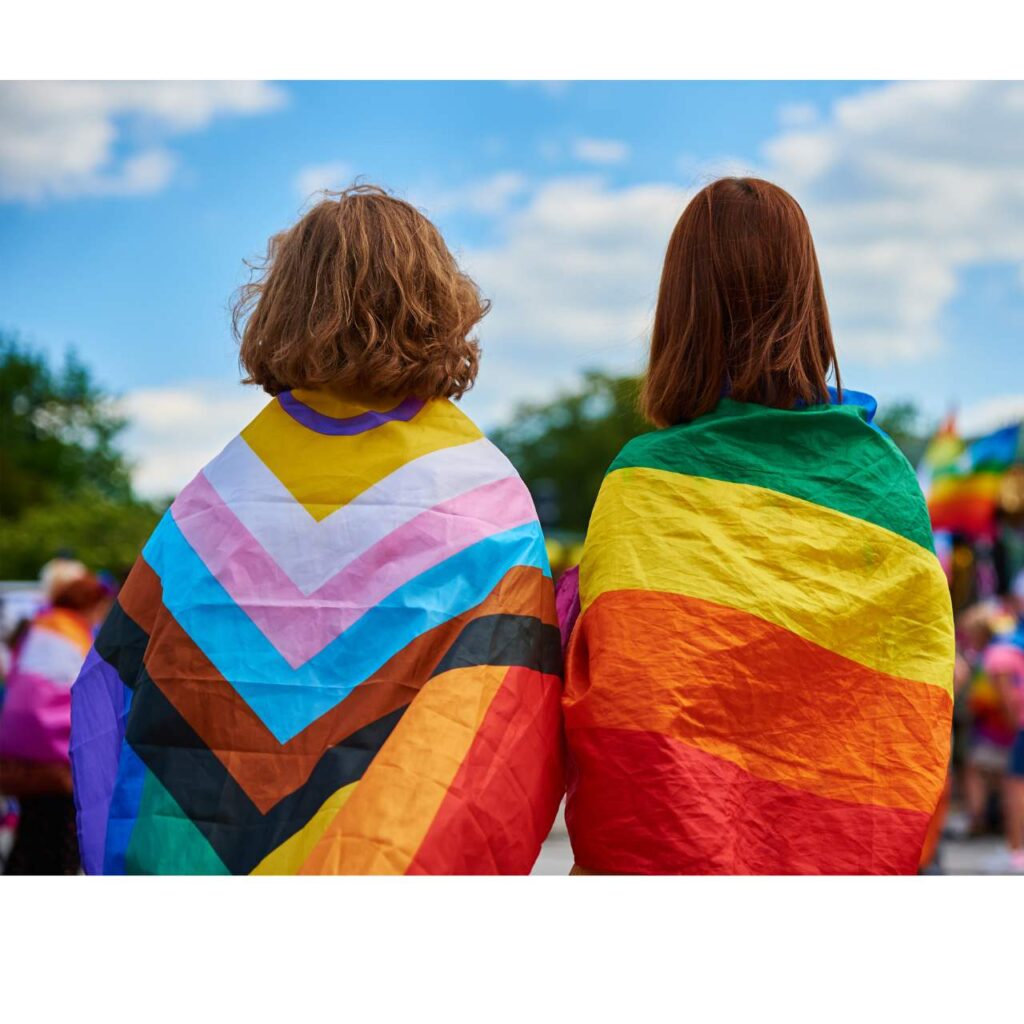
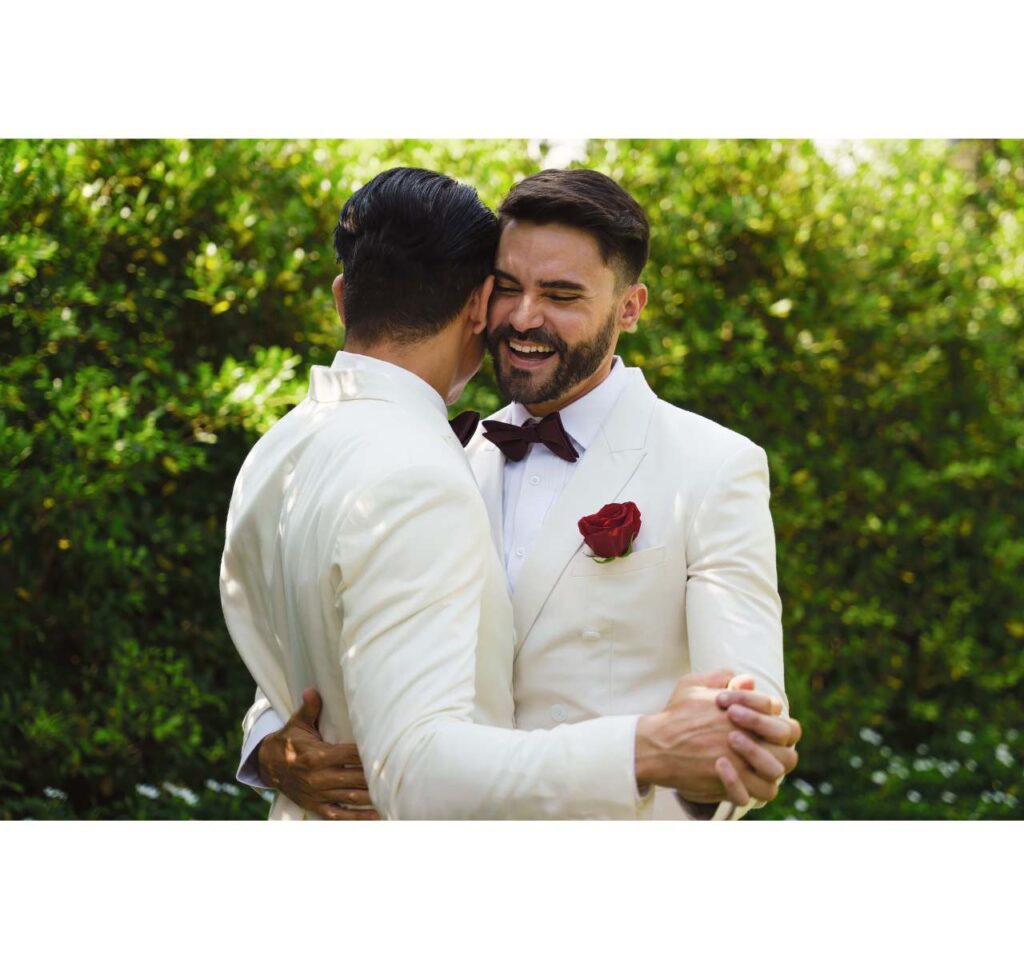
The Continuing Discourse
The Supreme Court’s verdict on October 17, 20XX, was a momentous occasion that shifted the tides of conversation around same-sex marriages in India. Nevertheless, the debate continues, and the ensuing legal challenge underscores the complexity and nuances that envelop this profoundly significant issue. As the legal landscape advances, the discourse on equal rights, love, and inclusivity remains at the forefront of shaping India’s societal fabric. The review petition holds the potential to further fuel the relentless battle for marriage equality, as the nation continues to grapple with matters of the heart and matters of justice.


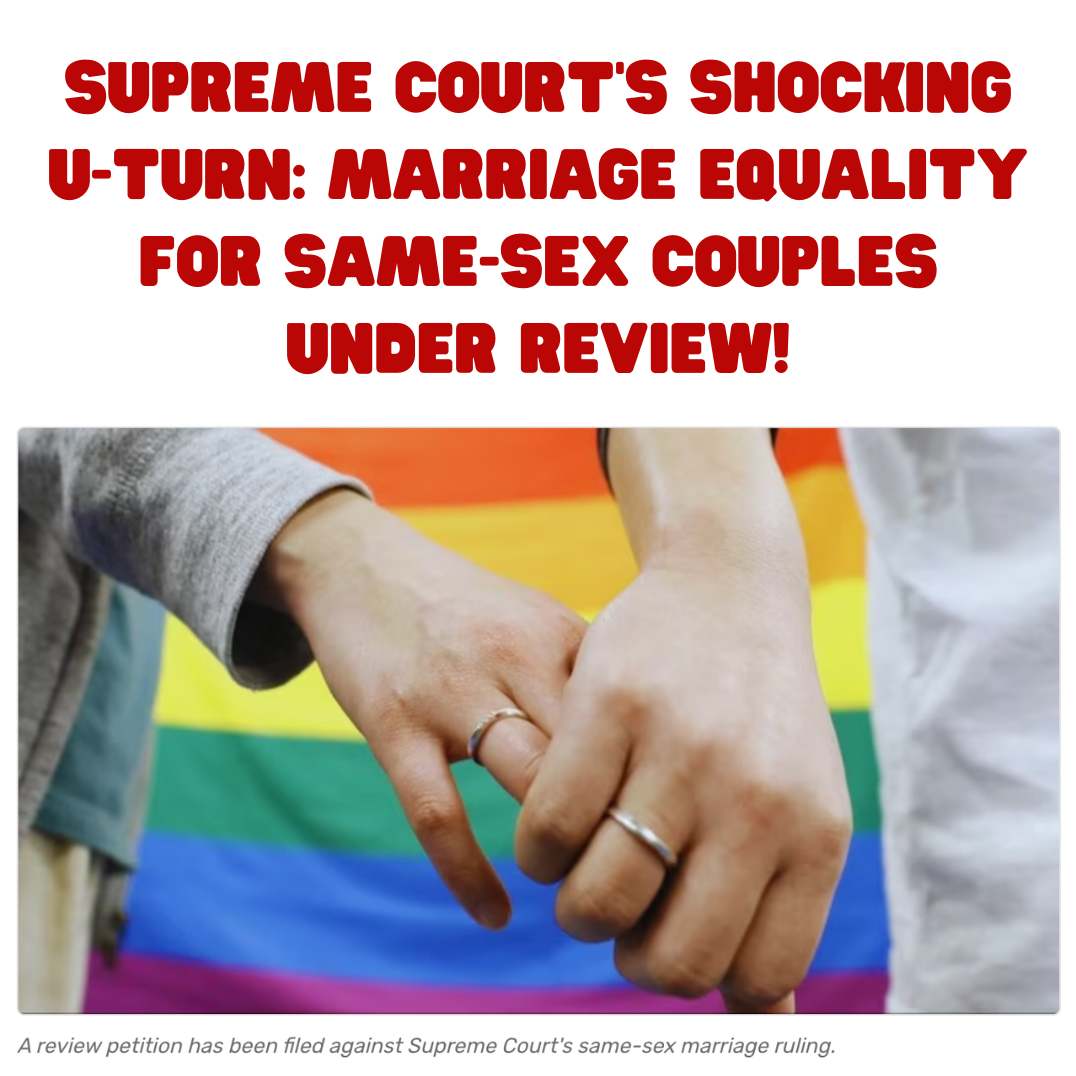











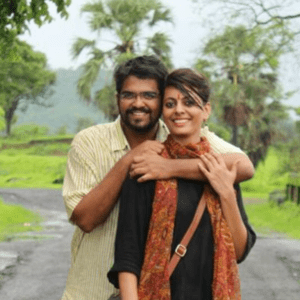

What do you think?
It is nice to know your opinion. Leave a comment.